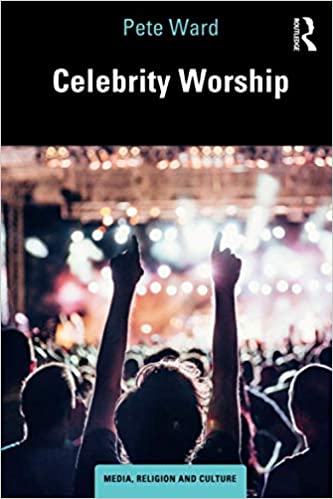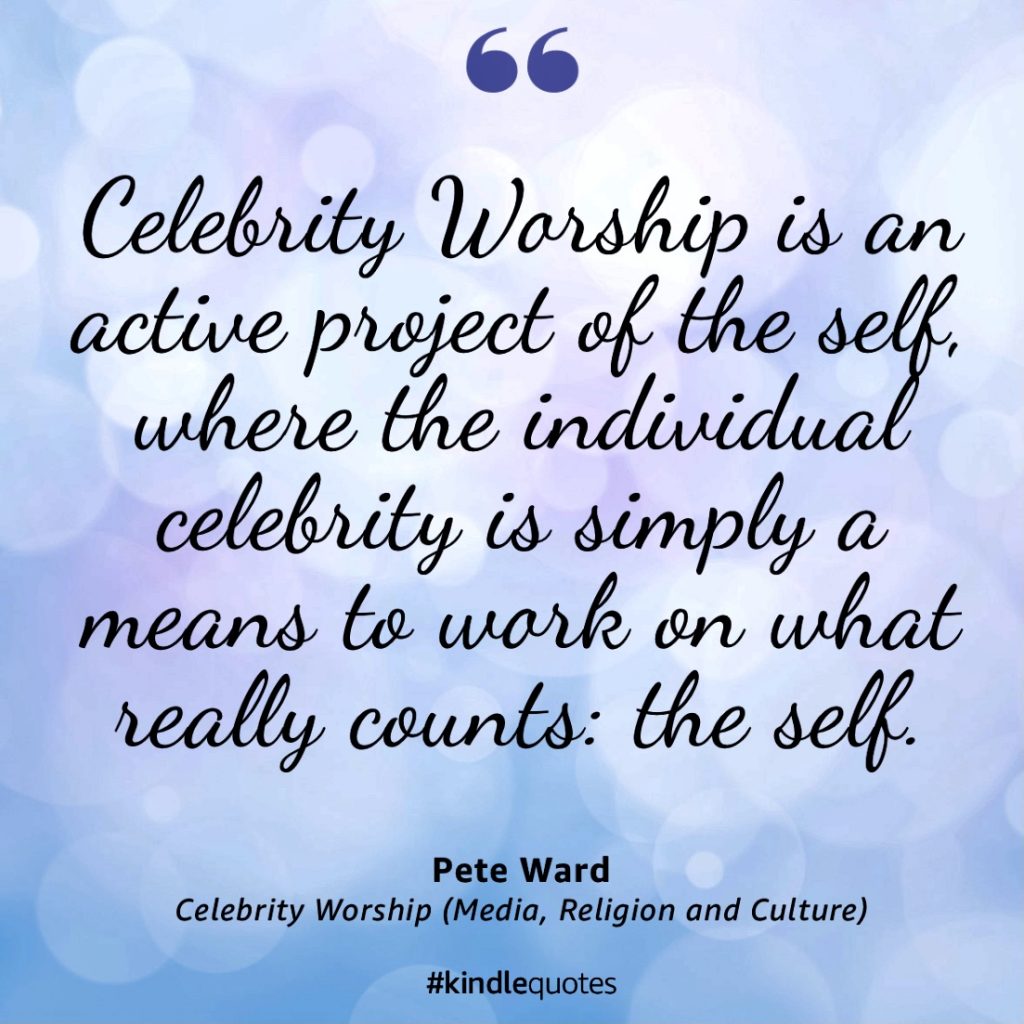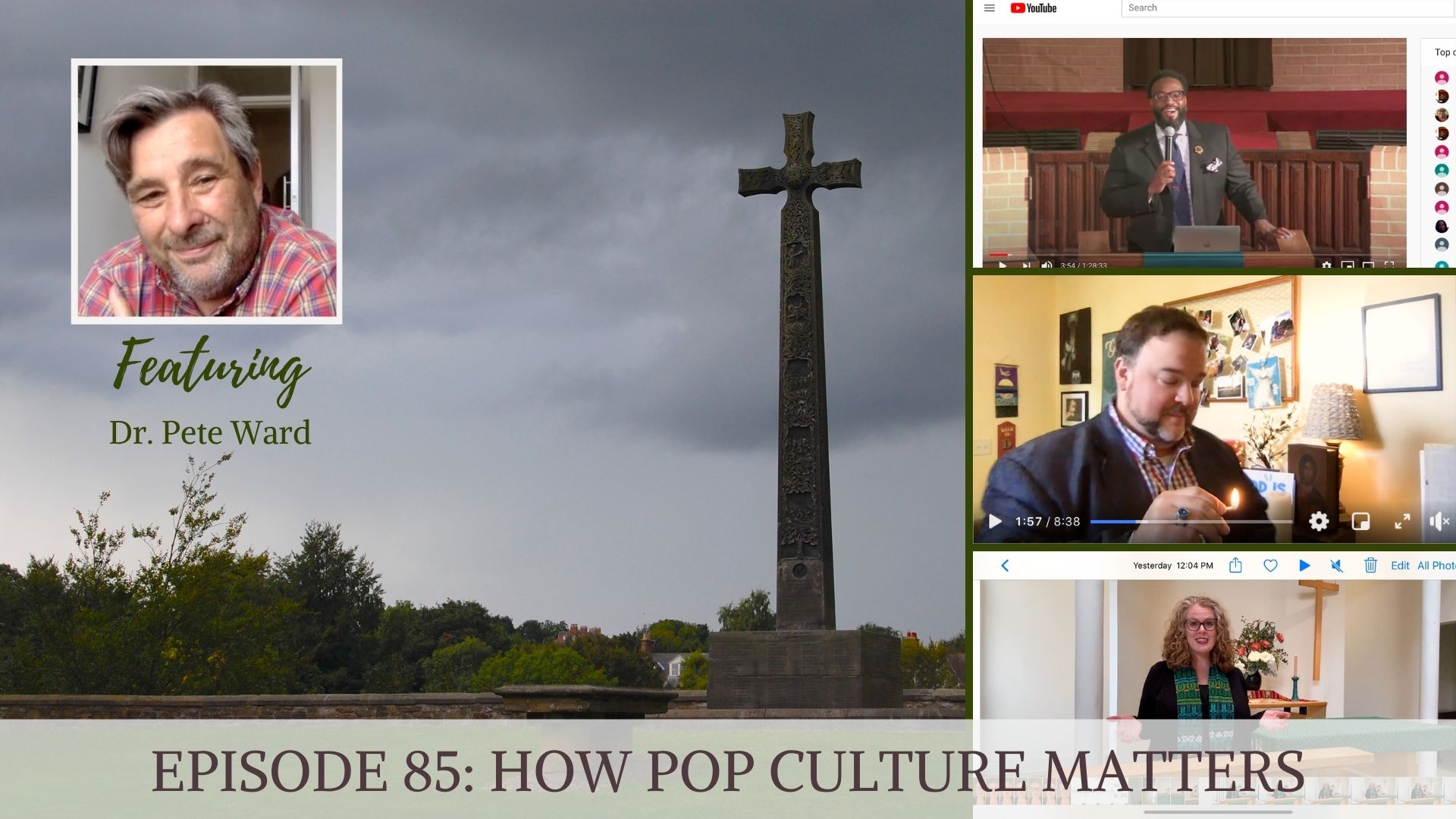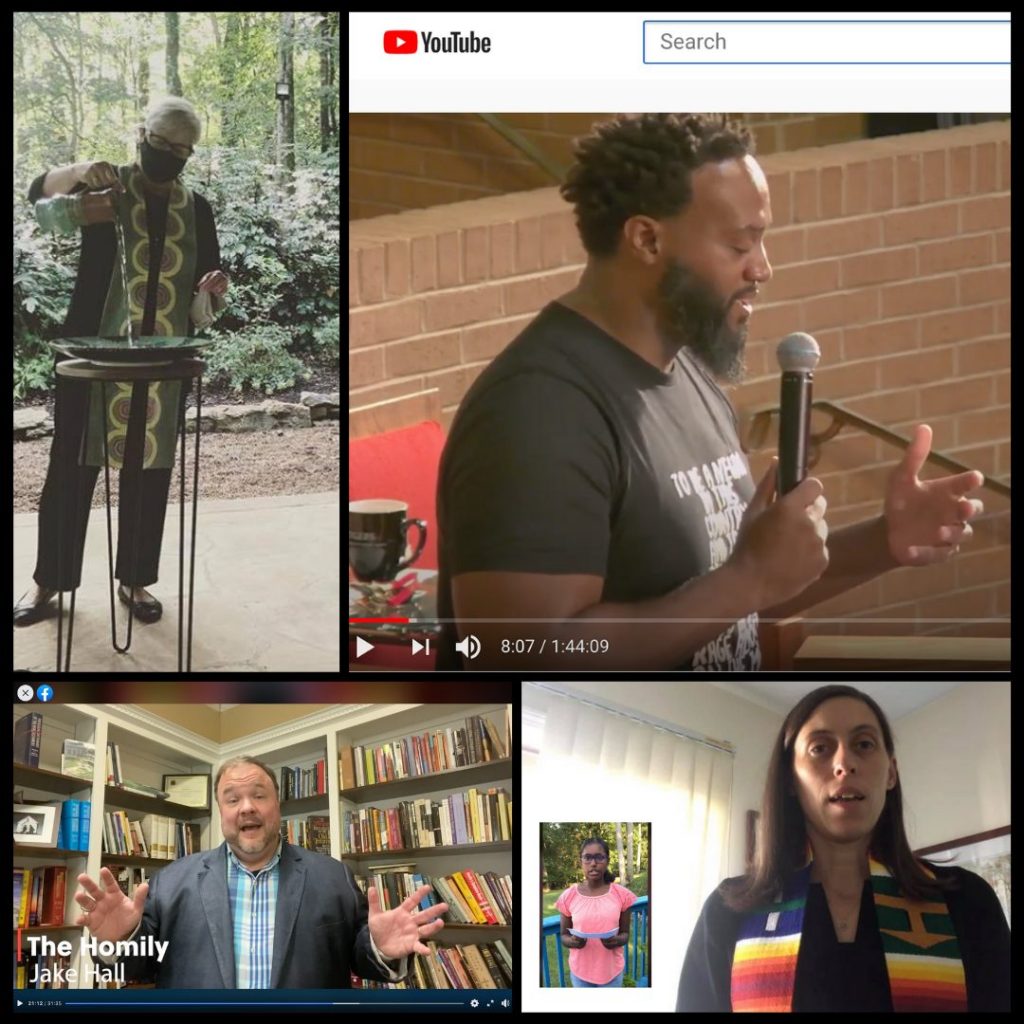Beyoncé. Kim Kardashian. Chadwick Boseman. Gwyneth Paltrow. Notorious RBG.
Whether they are trending on Twitter, headlining their next big movie, speaking out on social issues, or suddenly gone from this life, celebrities and the culture of celebrity have a powerful reach into all of our lives.
And hold up. Let’s be clear. Celebrity Worship is not just for musicians and actors, influencers, or lifestyle trendsetters. Last week, for example, the death of U.S. Supreme Court Justice Ruth Bader Ginsburg set off an avalanche of public responses, national events, personal inspiration, and even declarations of an RBG Revolution.
On the other hand, Celebrity Worship is not just about worshiping those in the spot-light as gods and goddesses. Although, we cannot deny that a kind of adoration does happen. In the past month both RBG and Boseman became subjects lifted up in veneration and adoration. And in those situations we can see how outpourings that followed each death extended from public lives that already shone with admiration… and yes, celebrity.
Yet the story of what we do with these celebrities is not just what we do with their lives. Not just what we say or post or buy. Their lives and deaths, marriages and divorces, contributions and viewpoints, escapades and guilty pleasures become, when we consume them, a means for how we relate. We not only relate to them, but also to each other, and to our selves.
How does popular culture matter for church and ministry?
This week Pete Ward talks with me about how pop culture matters to religion and to the understandings we are making of our lives and our identities. This is a continuation of our conversations about why culture matters and why music matters. In fact this week’s episode is a further response to both of those questions.
 Celebrity Worship (Media, Religion and Culture) is Pete’s newest book with Routledge (2020). In this book Pete, who is professor of practical theology at Durham University, is exploring the various ways that celebrity works in our lives.
Celebrity Worship (Media, Religion and Culture) is Pete’s newest book with Routledge (2020). In this book Pete, who is professor of practical theology at Durham University, is exploring the various ways that celebrity works in our lives.
A celebrity, he says, is “someone who we relate to differently or who is shaped through media.” By that definition, we are all shaped by media. And it turns out we are also, each and everyone of us, relating to one another and to religion and meaning-making in particular ways, because of the multi-layered ways we are shaped by celebrity.
In the book’s introduction Pete says, “There are then two sides to the process of mediation in Celebrity Worship.” First he says, “There is the presence of an individual.” People and relationships are central to the process. And second, “there are the varied ways in which, through identification and participation, members of the audience choose to make meaning out of what they are viewing.” (Celebrity Worship, 3).
Pandemic Personalities
In Celebrity Worship Pete Ward explores many facets of this meaning-making process. He argues that a big turn in making religious meaning is toward a greater emphasis on the self and self-understanding. How we relate to ourselves is mediated by how we relate to the pantheon of celebrities in our lives. We live in a world where meaning is “generated by the different ways in which individuals and groups choose to make sense of themselves in relation to celebrities” (Celebrity Worship, 4).
The last six months of the pandemic catapulted innumerable pastors, rabbis, priests, and professors into the thick of the media world. That is to say into a new form of celebrity. In a surprising and jolting moment back in March, religious leaders across the landscape found themselves thrust into the spotlight. With little preparation, they suddenly had to take a deeper dive into celebrity culture than ever before.
Preachers have a long lived under the criticism of creating a “cult of personality” or having secret ambitions of fame. But it turns out that #PandemicPastoring is unavoidably social, mobile, and mediated. In fact none of us, neither ministers nor lay persons can avoid the forces of celebrity worship.
Pete reminds us in today’s episode that our identity is shaped and forged to powerfully by “how we construct ourselves in relation to the media we consume.” Nearly overnight, pastors were also forced into thinking about how they are constructing themselves in relation to the media they are creating each week.
“The Problem with Religion is Defining Religion”
If you are reading this, it is likely you have a pretty strong, perhaps intuitive, sense of what religion is. Yet “when we start trying to define it,” says Pete, “all these things are highly problematic at an academic level.”
In our conversation Pete describes how we might find ourselves, “in danger of redefining religion as baseball or soccer.” He also talks about we use the life events, and public communications of celebrities like Gwyneth Paltrow or Kim Kardashian to have parasocial interaction with each other. That is, how we compare, judge, gossip and/or admire the lives of celebrities as a means of connection with other people and ourselves.
+ + + + + + +
In our conversation, I bring up the point that the whole process of celebrity worship sounds a little like the role that biblical characters have played or do play in Christian faith communities. And Pete helps us understand that contemporary celebrities are not somehow replacements for religious figures of the past.
Here’s the crux of the problem. Pastors and other religious leaders like to play on a certain dualism. They love to make arguments that say if baseball or pop-culture or consumerism are the new religion, then it fails and falls short in all kinds of ways. However, they argue we have the real thing. We are the true religion. Maybe they claim that baseball or rock concerts or consumerism lacks the Spirit, or Jesus.
This logic, however, reveals a considerable oversight about the church itself. You see, the church uses all the same tactics of consumerism and pop culture, major league sports, and rock concerts even while they argue against them. To put it directly, he says, “Consumerism is a part of everyday church life.” And so is celebrity.
With satire Pete say, “Buy my book where I argue this. Come to my conference. And sign up for my blog where I can argue [against] contemporary consumer culture.”
In fact without the power of making and sharing culture, we would not have the creative contributions of church. It is complex work to think about how the practice of ministry relates to pop culture. Yet it is worth it — and even fun — to think through the possibilities.
+ + + + + + +
Would you like a chance to have your own copy of Pete’s book Introducing Practical Theology? Then connect with us this week. Share something about the ways you seen pop culture and religion interacting. Tell us about meaning-making that draws on pop culture in your practice of ministry. We want to hear about it!
Find us on Facebook, Twitter or Instagram! When you share your thoughts, tag #3MMM.





